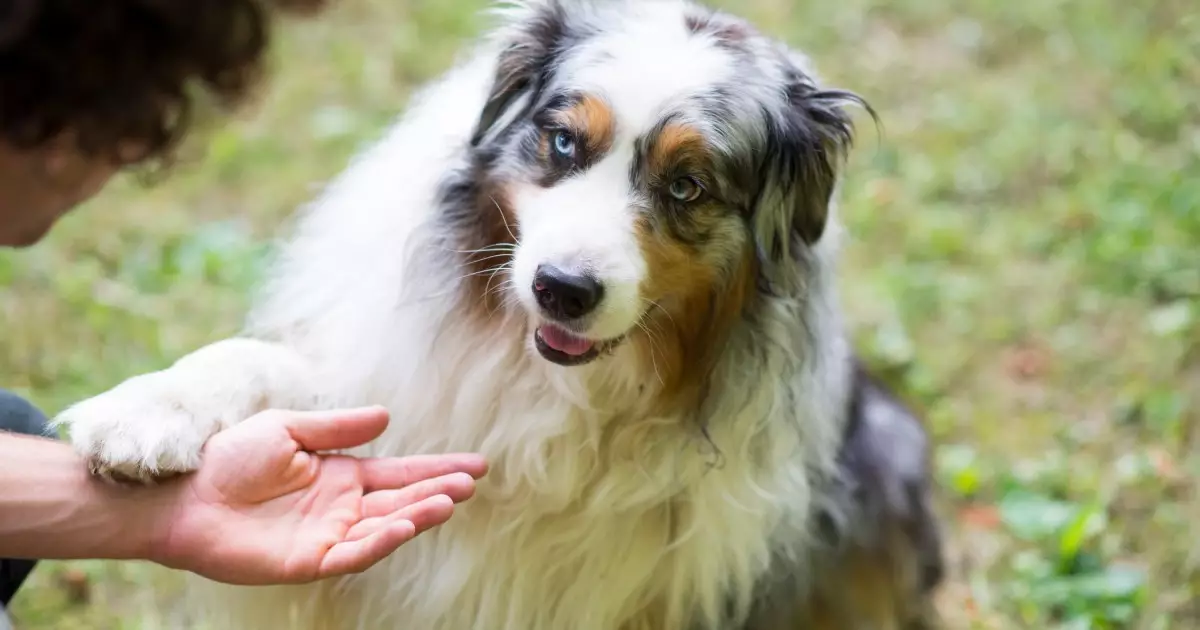Many people believe that teaching an old dog new tricks is a futile endeavor, primarily due to misconceptions about their capacity to learn. Contrary to this belief, adult dogs are often surprisingly adept learners, capable of mastering new skills and behaviors. By recognizing the unique advantages that come with training older dogs, owners can effectively engage in a rewarding training journey. In this article, we will explore why adult dogs may actually be better candidates for training than their younger counterparts, provide foundational training techniques, and offer strategies to maintain the skills your dog acquires.
Adult dogs possess an array of traits that can facilitate their training experience. Unlike puppies, adult dogs exhibit greater focus and concentration, making them less prone to the distractions that often derail younger canines. This heightened capacity for attention allows them to grasp new commands and routines more quickly. Furthermore, adult dogs are often accustomed to living in a home environment, which can ease the transition into established training routines. Their previous life experiences can also contribute to a more adaptable nature, allowing them to adjust to new circumstances more readily.
Additionally, the emotional maturity of adult dogs can benefit training dynamics. These dogs typically have a well-defined sense of their environment and may be less impulsive than puppies. This maturity helps them process information differently, making training feel less chaotic and more meaningful. Consequently, adopting an older dog can be a rewarding choice for those willing to invest time and patience in teaching new commands and behaviors.
Training an adult dog requires a slightly different approach than working with a puppy. Begin with basic commands such as “sit,” “stay,” and “come,” using positive reinforcement techniques. Utilizing small, tasty treats can serve as effective lures that encourage desired behaviors. It is crucial to pair these rewards with verbal praise, as this reinforces the positive association with the command and builds a deeper bond between the dog and owner.
Moreover, establishing a routine is vital for successful training outcomes. Consistency fosters a better understanding of expectations, enabling the dog to develop habits more naturally. Aim for several short training sessions throughout the day, allowing your pet to learn without becoming overwhelmed or bored. Remember, it takes time and repetition for a behavior to solidify, so patience is key.
To ensure that the training methods you implement yield lasting results, it is crucial to create an environment that encourages positive behavior. Regular exercise plays a significant role in your dog’s overall well-being and can help prevent behavior problems caused by excess energy. Engage your dog in activities such as long walks, playing fetch, or interactive games that stimulate both mind and body. This physical outlet will contribute to quieter evenings, allowing for a more peaceful home environment.
In addition to exercising your adult dog, providing appropriate chew toys helps manage destructive behaviors that can arise from boredom or anxiety. Offering a variety of safe toys not only keeps your dog occupied but also encourages positive chewing habits.
Should you encounter any behavioral issues, remember that resources are available to assist you. Consult with a veterinarian to rule out any medical causes and gain insights into your dog’s behavior. A professional trainer or behaviorist can offer specialized guidance, ensuring that you and your dog cultivate a positive training experience together.
It is clear that adult dogs possess numerous advantages when it comes to training. Their ability to focus, emotional maturity, and history of adaptability can result in a gratifying and constructive learning experience for both the dog and the owner. By implementing effective training methods, maintaining consistent routines, and addressing behavioral concerns proactively, owners can unlock their adult dog’s full potential, creating a harmonious relationship built on trust and respect. So remember, it is indeed never too late to teach an old dog new tricks!

